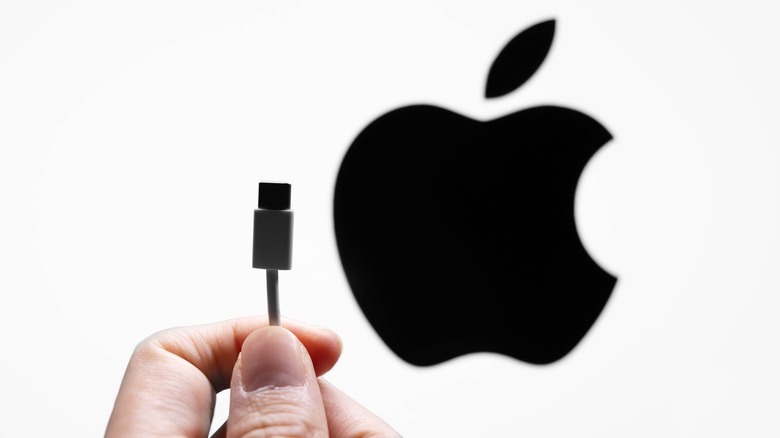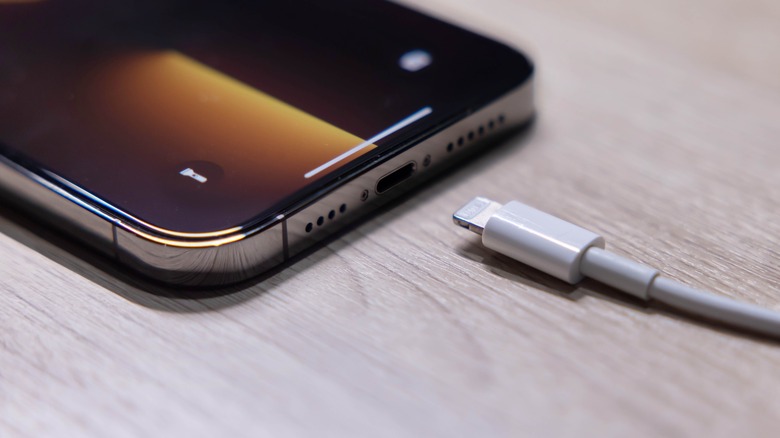iPhone Will Have To Comply With EU USB-C Rule, Says Apple Exec
For nearly a decade, European lawmakers have asked the European Commission — part of the European Union — to mandate a common charging and connectivity standard for smartphones. This proposal remained on the sidelines for a long time, resulting in several manufacturers sticking with outdated and proprietary connectivity standards. That changed in 2020 when the European Parliament decided to expedite the process — resulting in the European Parliament collectively passing a resolution recommending the adoption of a common charging standard. Unfortunately, this resolution still did not have the authority to mandate manufacturers to follow the recommendations.
It would take the European Parliament and Council Negotiators two more years to finally amend the European Radio Equipment Directive. The amended mandate required all manufacturers making "frequently used small and medium-sized portable electronic devices" to adopt a standard charging port (USB-C), per the European Parliament. On Monday, October 24, 2022, EU member states gave the final go-ahead for the common charger law, following which all new smartphones sold in the EU after autumn 2024 will be mandated to use the USB-C port.
One company that had vociferously opposed the move to a common charging standard was Apple, which continued selling iPhones with its proprietary Lightning port. Following the passing of the mandate, however, the American company is legally required to switch to USB-C if it wishes to continue selling its products in the EU. And following Monday's developments, Apple has indicated that its future iPhones will ditch the Lightning port in favor of USB-C.
Will the iPhone 15 get USB-C?
On Tuesday, in a Wall Street Journal conference, Apple's senior vice president of worldwide marketing — Greg Joswiak – confirmed that the company would be "obviously" required to comply with the new common charger mandate (via CNBC). Joswiak, however, did not say how soon Apple intends to switch to USB-C — especially considering that the company still has ample time (autumn 2024) to comply with EU's directives.
Interestingly, Apple analysts have previously noted that Apple could make the switch to USB-C much quicker than anticipated — with some indicating that this could happen as early as September 2023, when Apple is expected to release the iPhone 15 lineup. Apple has been rumored to be internally planning for the switch well in advance. International variants of the iPhone will also likely switch to USB-C as it would be financially unviable for Apple to make iPhones with different connectivity standards. In the long run, however, Apple is likely to develop a completely portless iPhone that only charges wirelessly — letting the company entirely bypass the EU mandate.
While pressing ahead with the regulation, the EU argued that the use of a common charging standard came with inherent benefits. Apart from reducing the e-waste problem, this would also make lives easier for consumers owning multiple electronic items, as they would no longer need to worry about carrying different chargers. However, even as it prepares for the switch, Apple continues to maintain that the EU's decision favoring USB-C would stifle innovation and exacerbate the e-waste problem.

